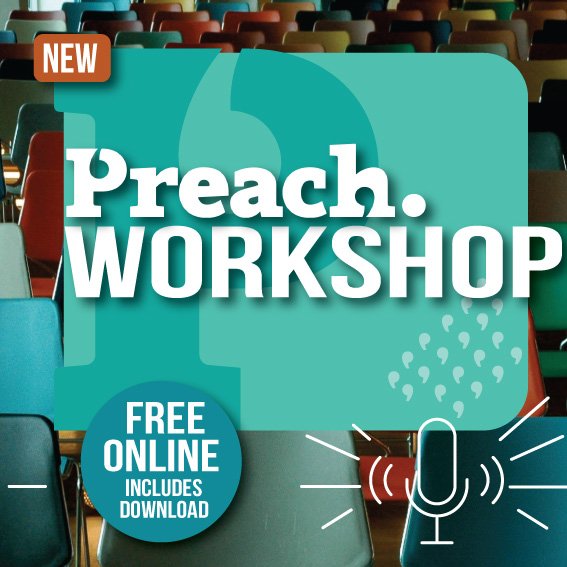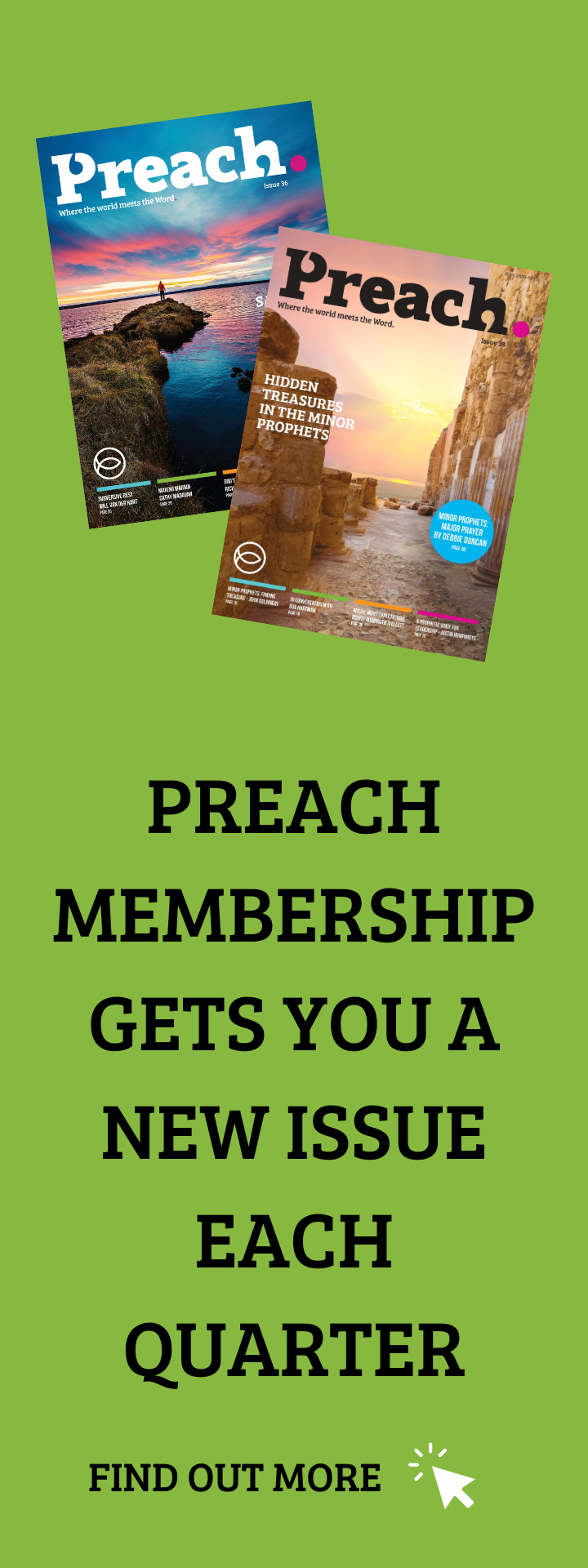The learning of scripture in Hebrew by Anne E. Thompson
/When I learnt that Jesus had possibly recited Psalm 22 while on the cross, I decided that learning it would be an excellent challenge for Lent. I began to learn it in Hebrew, knowing that probably Jesus would have learnt scripture in the language of the synagogue. I suggested my mother would enjoy learning it in English, and we asked for sponsors to raise money for Tearfund. As we videoed our progress around town for our social media channels, I realised that public recitals of scripture are not something most people ever hear. Although I doubt the words influenced anyone, simply the fact that two people who everyone knows were reading from the Bible was a witness. We are ordinary people, who giggle and struggle and chat, just like everyone else. That we also read the Bible will have been noticed, it makes it a normal thing, something that anyone can do.
My first trip with Tearfund was to a Zambian village where people were struggling with poverty. I later visited India and Brazil, seeing how Tearfund partners were helping those in need, giving choices to people who appeared to have no choice, and showing them how to be independent. It was about giving people respect, showing the same love that Jesus had for people. As I travelled, I learnt that people are people wherever they live, mothers love their children and teenagers think they know everything.
Learning a new language is like a journey, you have to take one step at a time and you don’t notice how far you have travelled unless you stop to look back. I wanted to learn the biblical languages, and signed up for a course at Spurgeon’s College. It was taught online which was good as Hebrew seems to involve a fair amount of stuttering and throat-clearing noises. It’s somehow easier to make mistakes when facing a screen.
I’m not a great linguist, and I learn languages gradually, immersing myself in reading, listening, and trying to learn one word, just one, at a time. When my tutor introduced verb paradigms and told us to learn the first column for homework, I decided he was a crazy optimist, and continued to learn, one word at a time. Gradually I am learning the vocabulary, the nuances that words can take, the thought patterns of the ancient Hebrews. Reading a translated Bible, or even a commentary, cannot truly express subtle meanings in the same way that reading in the original language can. I found that learning the language also introduced me to the ancient world of the Hebrews. They became real people.
One aspect of learning Hebrew is that we do not understand everything that was written originally, not even in the copies of copies of copies that are our oldest manuscripts. I found this humbling. Our Bible, like our God, is not completely understood with tidy explanations for everything that is written. Some of it is beyond us. Perhaps we should remember that when presenting our interpretations of scripture; sometimes we simply don’t know. It’s similar to when we sit with a mother on the other side of the world, as she watches her child die of AIDS. We can empathise, but we don’t understand why, not really. All we can do is walk, one humble step at a time, along the pathway that God leads us.
Anne E. Thompson
Anne is an author, currently studying at Spurgeon’s College.






